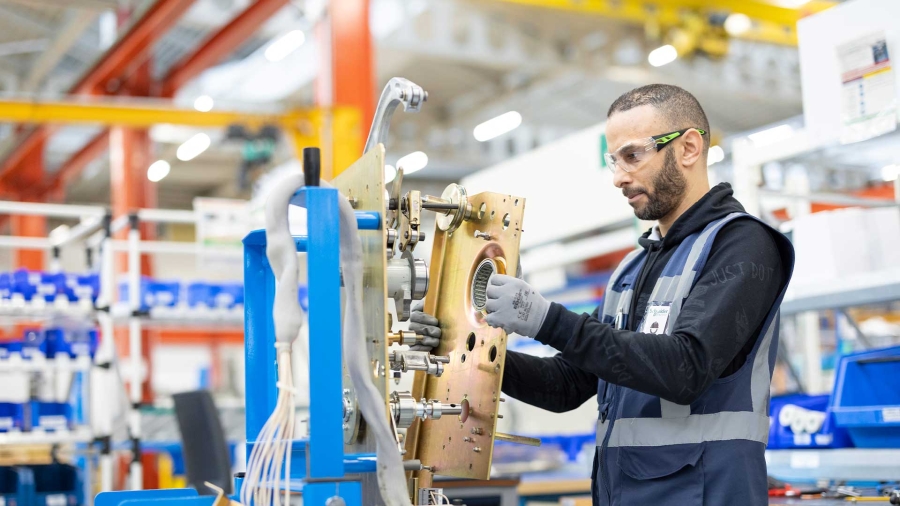The industries of the future will rely on smart technology to achieve sustainable production and climate goals
The path to sustainable manufacturing in industry
In the context of climate change, the manufacturing industry must make bold moves. This is because the industrial sector accounts for around one third of annual carbon dioxide emissions. To achieve climate targets, industries that prioritize environmental sustainability are crucial.
The goals of industrial sustainability are many, including:
- Resource efficiency
- Emissions reduction
- Circular practices
- Promoting innovation
- Social responsibility
- Certifications and defined standards
- Transparency
- Sustainable supply chains
Implementing industrial sustainability requires a holistic and integrated approach that considers the different aspects of production, purchasing and sales, for example, to ensure more effective regulation of harmful emissions and water consumption.
Setting the course for ecological and technical progress
We know that companies are struggling to meet their sustainability goals. A survey of industrial end users, done by industry analyst Omdia, found that 48 per cent of companies have not yet fully implemented sustainability initiatives. 27 per cent are still working on developing these programs.
The survey also found that aging facilities and infrastructure are often obstacles. Such systems often do not provide access to enough data to be able to effectively review existing processes, take into account organizational culture, or evaluate technology to identify inefficiencies. This not only makes it difficult to set goals and measure success, but also hinders the implementation of industrial sustainability measures, such as the use of renewable energies.
The ability to digitally track both energy and operational parameters such as energy use, materials waste and recycling, or supply chain information is key to sustainability in industries. This requires investment in advanced sensing combined with connectivity and data visualization tools. And the expertise of a partner to help put it all together.
Industrial sustainability solutions for energy efficiency
A good example of how industries can make production changes to help them reach the steep goals required to increase their sustainability is with well-known consumer goods producer, Henkel. On its detergent production line, one of the key applications is the spray tower.
Spray drying is a core element in the production of washing powder. For this purpose, a combination of solid and liquid raw materials is mixed in the 55-meter-high spray tower. In the subsequent drying process, the mixture is atomized and exposed to a hot gas stream of up to 300 degrees Celsius. As this process consumes a great deal of energy, it was an important part of the production process to identify concrete potential savings.
At Henkel, the resulting energy efficiency of its spray tower was implemented without an expensive change to its established processes. The addition of software and a modular process control system also delivered more output with less resources and increased support for operators.
Read more about Henkel here.














